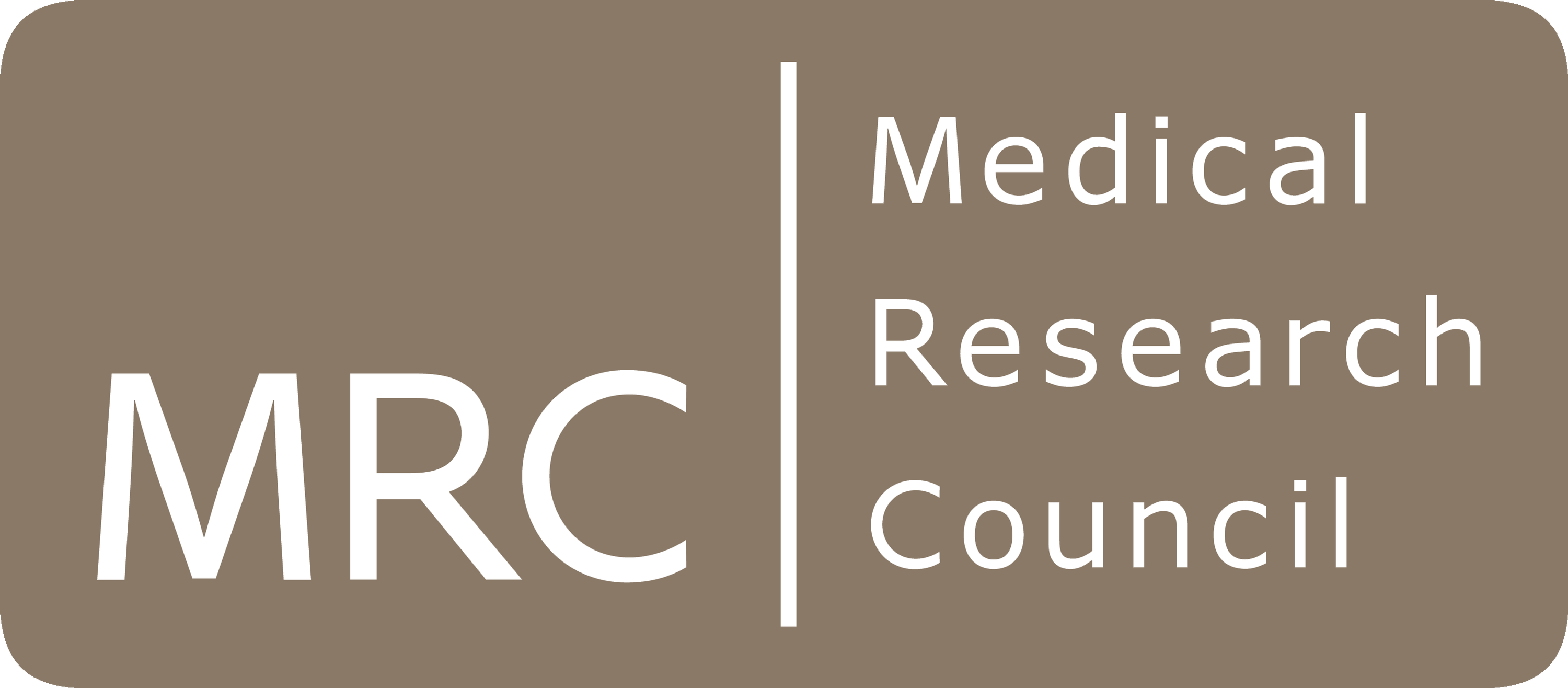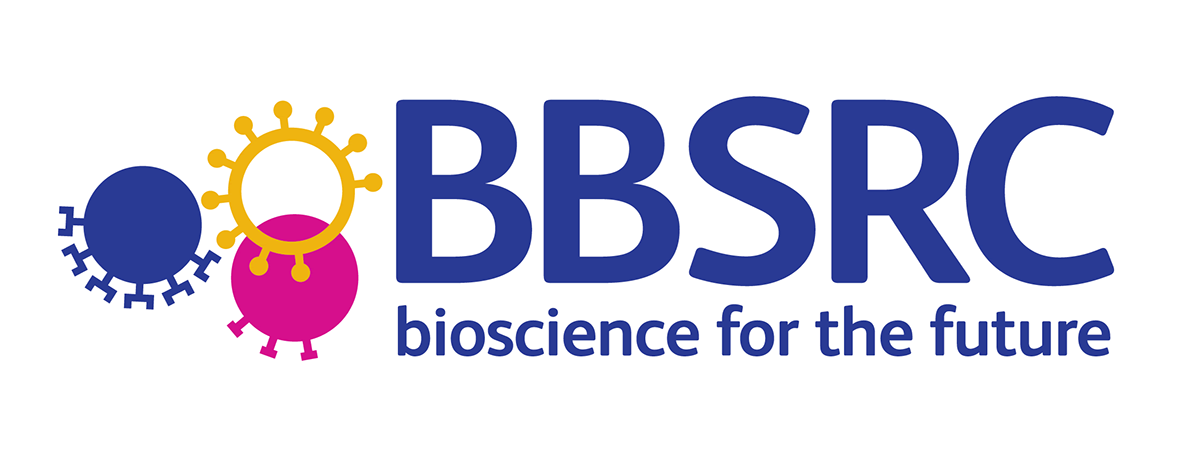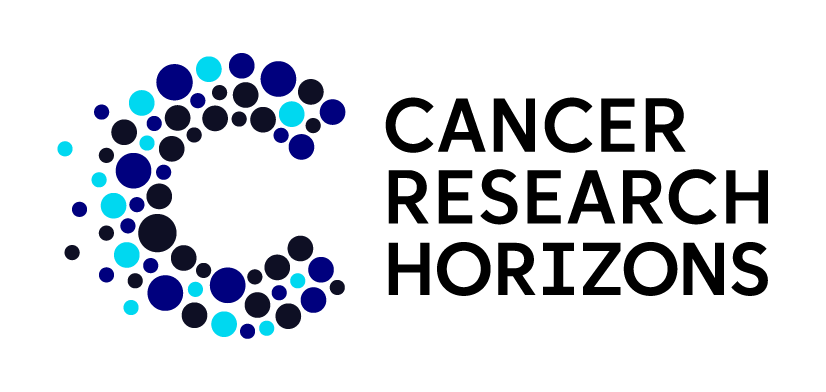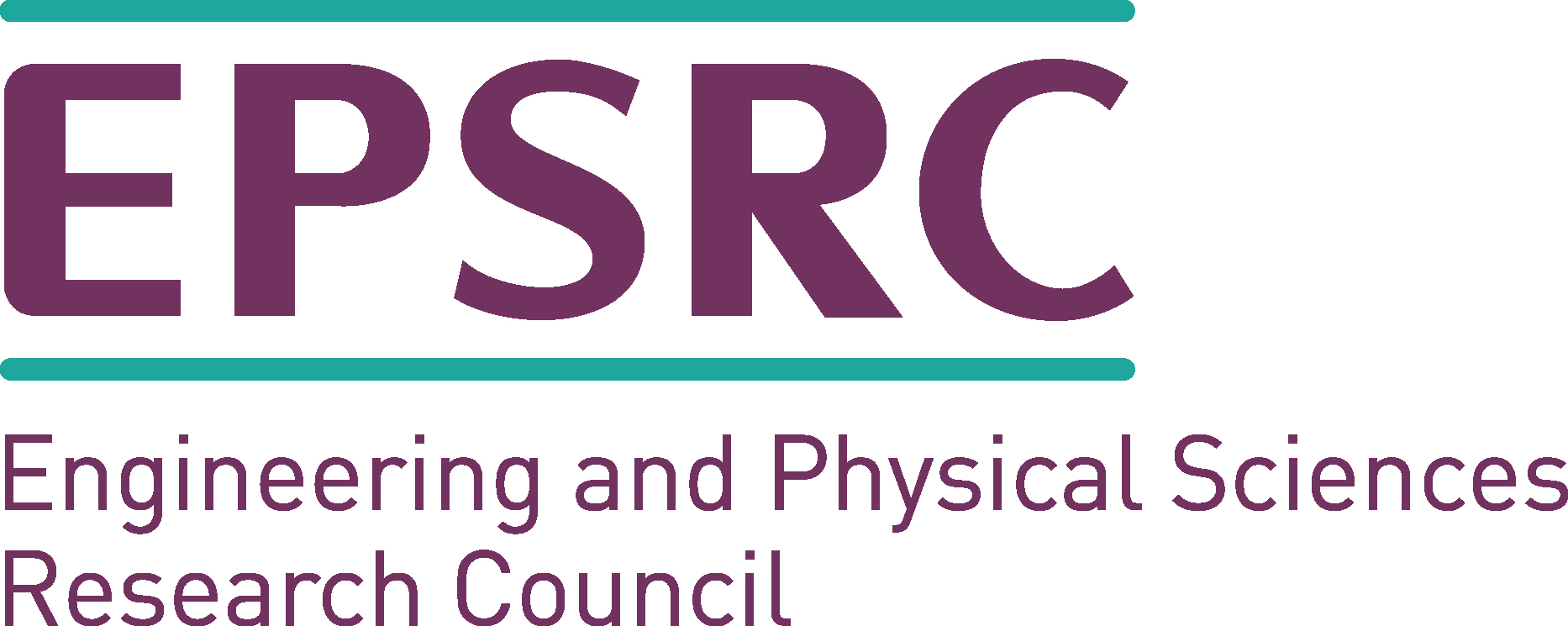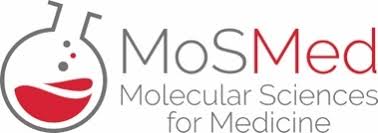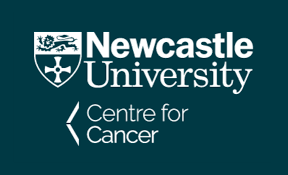Target Biology
The process of identifying and validating therapeutically-relevant drug targets is particularly challenging in oncology. There are over 200 types of cancer that originate from different tissues, with significant variation in the abnormalities that promote their unrestrained growth and malignant behaviour.
The target biology team utilise a wide variety of methods to identify and validate prospective targets in human cells, and thereby determine whether they are likely to be suitable for drug discovery. This includes methods to quantify RNA, DNA and protein, to sort cells based on markers, to analyse biological endpoints such as tumour cell proliferation and survival and to visualise endpoints in cells using advanced microscopy
We only use authenticated tumour cell lines, which are examined under well-defined culture conditions. Target expression of function is manipulated using techniques such as gene silencing or by treatment with tool compounds. The consequences of target modulation are then assessed by examining cellular signalling and biological endpoints in multiple tumour cell lines.
It is through these studies that we aim to provide insights into whether a given target is critical for some cancers and determine which patients might be likely to benefit most were a new treatment to be developed against it.
